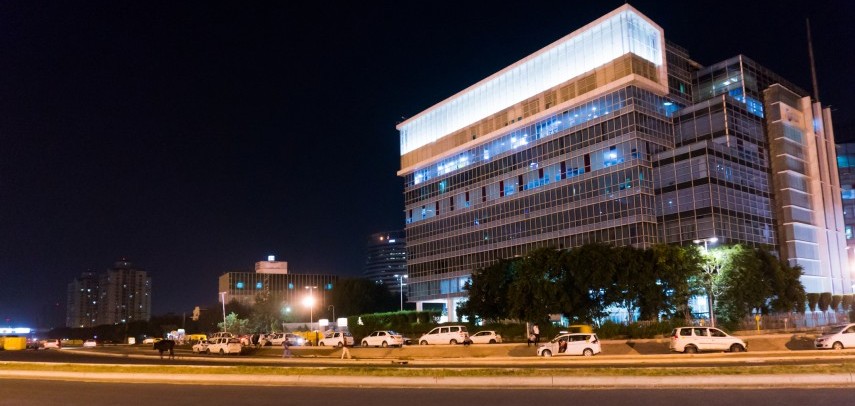Turning Gurgaon Into A Global City: Why It All Boils Down To Water & Rises Up To Electricity

Medha Lal, a 32-year-old journalist who bought an apartment in Noida five years ago still refuses to move out of her rented place in Gurgaon's DLF Phase-II. She pays an equated monthly instalment (EMI) for her Noida apartment, along with a good amount of rent for her Gurgaon residence. She does not seem to mind the financial burden. Interestingly, her office is also in Noida and she spends four hours every day travelling up and down. She does not seem to mind that, either.
“What you have in Gurgaon, you won't find in Delhi or Noida,” says Lal. Those who admire Gurgaon and everything the Millennium City has to offer don't have much to complain. The highrises, the fine eateries, the beautifully built posh housing societies, the elegant commercial set-ups, the Metro and the Rapid Metro networks -- they all stand witness to Gurgaon's prosperity.
So, isn't there any problem being a Gurgaonwalla?
“No, I would like the city even better if the number of power outages during summers were fewer and the water shortage was less frequent. To be fair, I must admit that power and water crises have not been frequent in the recent past. But, there still is scope for improvement,” Lal answers. Lal's response tells you Gurgaon is already good but people expect it to get better. And, the state government seems to be listening to people.
Recently, Haryana Chief Minister Manohar Lal Khattar announced setting up of a smart grid in the city to improve the supply of electricity. “Within two years, there will be no power crisis in Gurgaon, as a smart power grid is being developed here to supply 24-hour electricity in the city. This task will be completed in four phases. The tender process for the first phase has been completed,” the media quoted Khattar as saying. There is a focus on mitigating the water supply issue, too. The Khattar government has allocated Rs 20 crore for improving water supply in the city. Apart from setting up new water pipelines, authorities will also renovate the old ones for better flow.
These announcements were made by the CM at a ceremony where he laid the foundation stone for the construction of a six-lane road project between Mahaveer Chowk (Gurgaon main city) and Dharuhera.
The rate at which Gurgaon has grown in the past two decades is a subject of study for urban planners in India. However, for it to be a global city, Gurgaon will have to ensure the basic necessities of its citizens are well taken care of.
What will be the use of living in a high-rise if the water supply is scarce? What will be the use of living in a society with a Wi-Fi connectivity if power woes persist? What will be the use of humongous expressways if one has to be stuck in traffic jams?
The recent announcements by the government seem to be in the direction of making Gurgaon's residents admire the city even more in future.